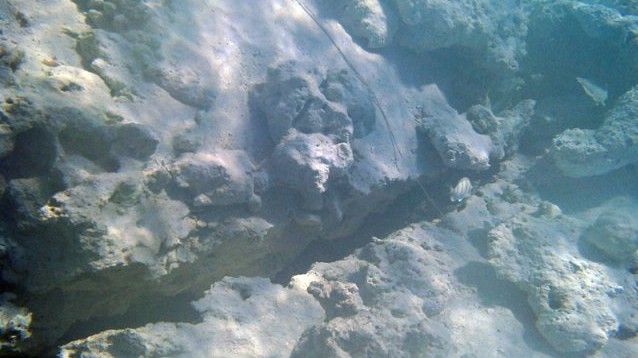Environment agency under fire for approving plan to blast reefs
The EPA approved reef blasting between the islands of Meedhoo and Ismahelahera in Addu Atoll on November 9, after it came under pressure from the government, according to informed sources.

14 Nov 2016, 09:00
The Environmental Protection Agency has come under fire after it emerged that the regulatory body had approved a plan to use dynamite to cut a channel through a reef in a southern island.
The EPA approved reef blasting between the islands of Meedhoo and Ismahelahera in Addu Atoll on November 9, after it came under pressure from the government, according to informed sources.
The agency initially refused to approve the restricted method because of potentially irreversible damage to the reef, a senior official who works at the EPA told the Maldives Independent on the condition of anonymity.
“But the environment ministry made it clear that the approvals must be given. The agency had no choice in the matter,” the official said.
Become a member
Get full access to our archive and personalise your experience.
Already a member?
Discussion
No comments yet. Be the first to share your thoughts!
No comments yet. Be the first to join the conversation!
Join the Conversation
Sign in to share your thoughts under an alias and take part in the discussion. Independent journalism thrives on open, respectful debate — your voice matters.




